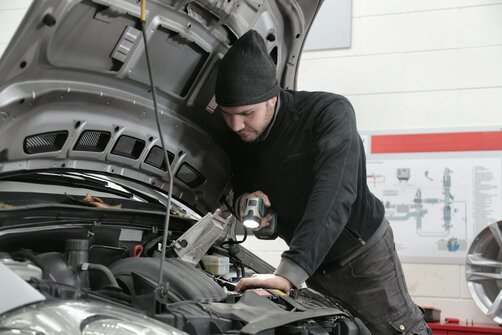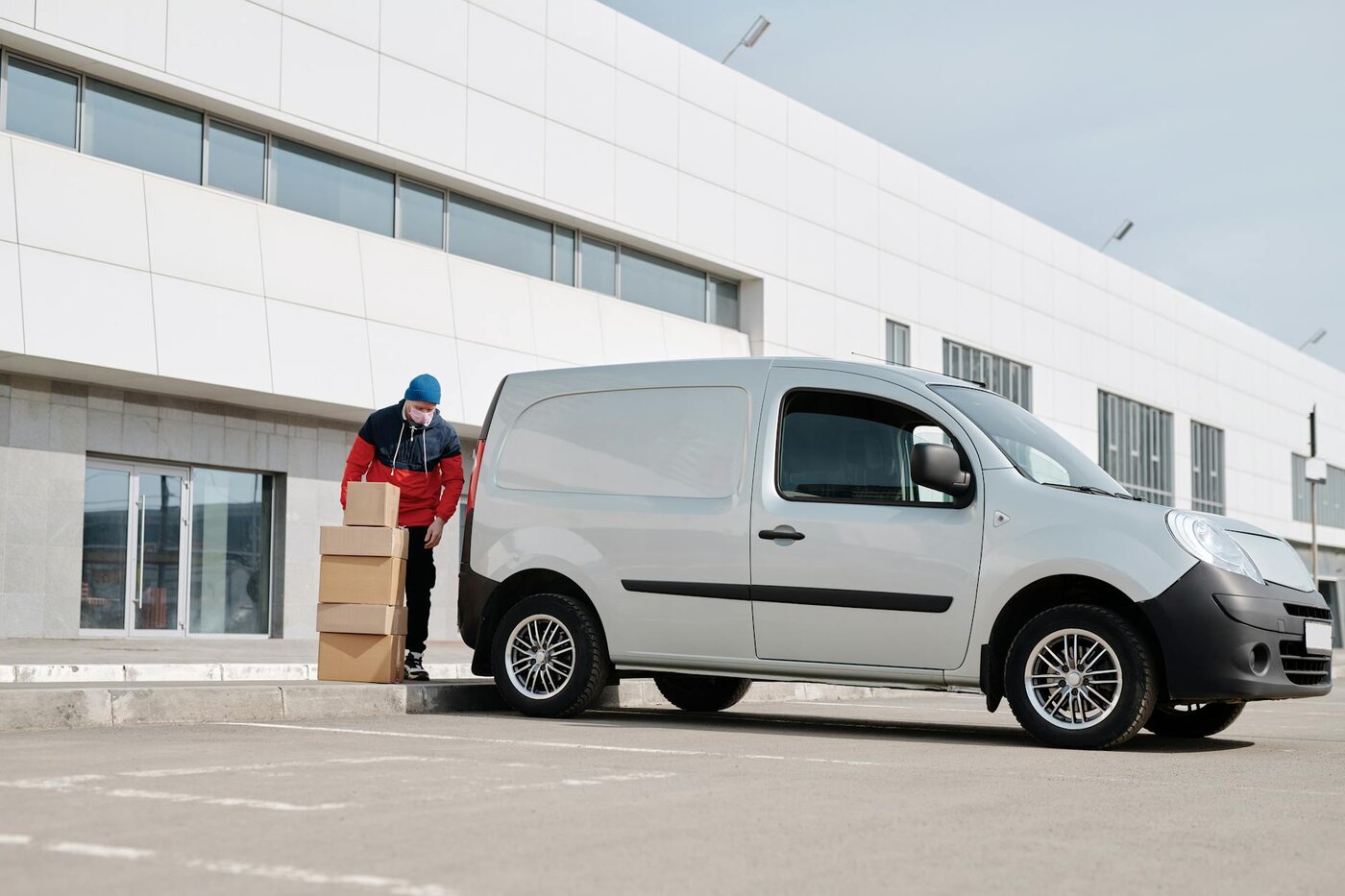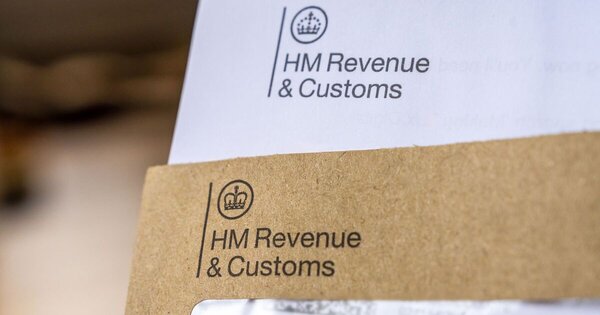Introduction
Are you a self-employed individual relying on a vehicle for your business operations? You may wonder whether you can deduct vehicle-related expenses from your taxes. Understanding the nuances of claiming vehicle finance, tax, and insurance as expenses is crucial for optimizing your tax return. Let's delve into this topic to help you make informed decisions about your tax deductions.
Finance:
When it comes to vehicle finance, self-employed individuals can typically deduct the costs associated with purchasing or leasing a vehicle for business purposes. However, it's essential to differentiate between personal and business usage. You can usually claim the portion of the vehicle finance costs that directly relate to your business activities. Keep detailed records of your expenses, including invoices and receipts, to support your deductions.
Tax:
In the UK, all vehicle are subject to vehicle tax, also known as road tax. As a self-employed individual, you can generally claim the full amount of vehicle tax as a deductible expense on your tax return if the vehicle is used solely for business purposes. Ensure you maintain accurate records to substantiate your claim, such as mileage logs and proof of business usage.


Insurance:
Vehicle insurance premiums can be claimed as a business expense if the insurance policy covers the vehicle's use for business purposes. Self-employed individuals can typically deduct the full cost of vehicle insurance premiums from their taxable income. However, if the insurance policy covers both personal and business usage, you must allocate the deductible portion accurately. Keep documentation of your insurance policy and highlight the business-related coverage.
Maintenance and Repairs:
Routine maintenance and repairs for your vehicle can also be claimed as deductible expenses. This includes expenses such as oil changes, tire replacements, and repairs to the vehicle's mechanical components. Keep records of these expenses, including invoices and receipts, to support your deduction claims.
Fuel and Operating Costs:
Fuel expenses incurred while using your vehicle for business purposes can usually be claimed as tax-deductible. Additionally, other operating costs, such as parking fees, tolls, and vehicle licensing fees, can also be deducted. Keep detailed records of these expenses, including receipts and mileage logs, to accurately calculate your deductible amount.
Key Considerations:
When claiming vehicle expenses as tax deductions, it's essential to adhere to HMRC guidelines and maintain accurate records. Ensure that you only claim expenses that are directly related to your business activities and that you can provide evidence to support your claims in case of an audit. Consulting with a tax professional or utilizing tax software can help ensure compliance and maximize your deductions.

Summary
In conclusion, self-employed individuals can indeed claim vehicle finance, tax, insurance, and other related expenses as legitimate business expenses on their tax returns. By understanding the eligibility criteria and maintaining meticulous records, you can optimize your tax deductions and reduce your tax liability. Consider utilizing the Pie Tax App to streamline your tax processes and leverage the expertise of tax assistants available on the app. With Pie Tax, navigating vehicle expenses and maximizing your tax savings becomes more manageable, allowing you to focus on growing your business.
Frequently Asked Questions
What types of vehicle expenses can self-employed individuals claim on their taxes?
Self-employed individuals can typically claim expenses related to owning and operating a vehicle for business purposes. This includes costs such as fuel, insurance, maintenance and repairs, vehicle registration, and road tax.
How do I determine the portion of vehicle expenses that are deductible for tax purposes?
To determine the deductible portion of vehicle expenses, you need to calculate the percentage of time the vehicle is used for business versus personal purposes. This can be based on mileage records or a reasonable estimate of business usage.
Can self-employed individuals claim the cost of purchasing a vehicle on their taxes?
Yes, self-employed individuals can usually claim the cost of purchasing a vehicle as a capital allowance. The amount you can claim depends on the purchase price of the vehicle, the type of vehicle and any applicable annual investment allowance or writing down allowance.
What records do I need to keep to support my vehicle expense claims?
It's essential to maintain accurate records to support your vehicle expense claims, including receipts for fuel, maintenance and repairs, insurance premiums, and any other related expenses. Additionally, keeping a logbook of business mileage can help substantiate your claims.
Are there any restrictions on claiming vehicle expenses for tax purposes?
While self-employed individuals can generally claim vehicle expenses for tax purposes, HMRC may impose restrictions or disallow certain expenses if they are deemed to be excessive or not directly related to the business. It's essential to ensure that all claims are legitimate and supported by appropriate documentation.











